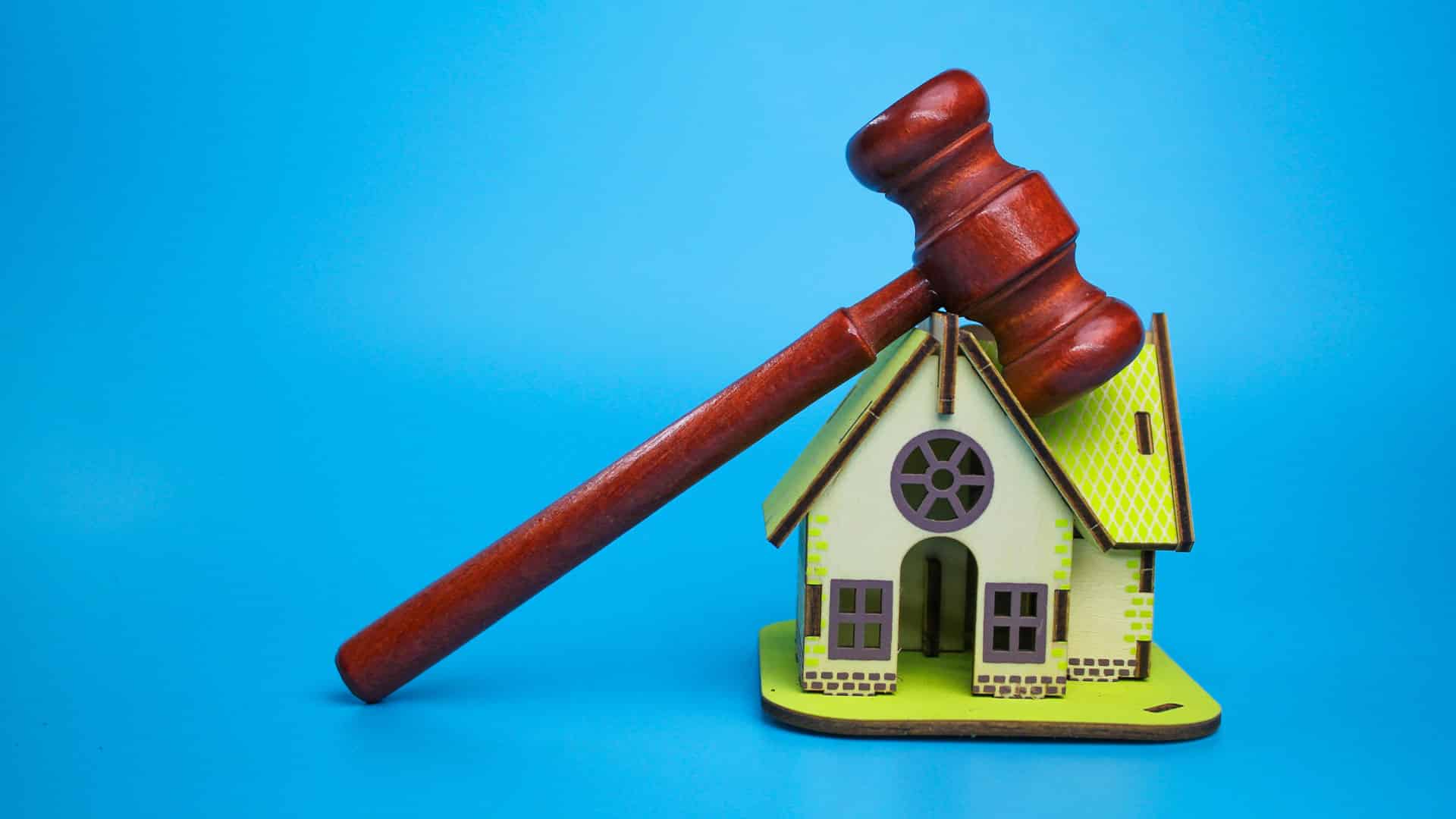Off the back of Help to Buy Scheme in York being put into action, many major Builders began selling houses by leasehold, when traditionally they were freehold. Over time this became a controversial issue leading to the government feeling inclined to intervene.
Land-Banking
Some of the country’s major housebuilders had been accused of putting profit before social conscience. Although homes were being built for families, shareholders were also being involved in the process. The media made sure to shed light on the ‘land-banking’ process that was happening, that is when they own the land for a while and wait until favourable conditions in the market.
Inheritance means consolidation is constant throughout the industry, the inheritance by Builders often goes into their organisations which come as a leasehold basis. Although they state to buyers that both leasehold and freehold properties are available to project that they have access to an informed choice.
The general public saw that the market was swaying too much towards leasehold after it was becoming clear how much profit the Builders were making off the back of the leases that were being offered. Such things came even more clearer when the Chief Executive of one of the UK’s largest Builders received a bonus of over £100m. At the time this was one of the largest bonus paid in corporate history.
Some Leasehold Homeowners became shocked when Leasehold Management Companies quoted fees of up to thousands of pounds when they sought permissions for home alterations.
Some of the annual ground rents even appeared to double every 10 years and owners were starting to see that selling their home in the future after these increases have kicked in would become a lot more difficult. After the topic was subject to a debate in parliament after MP’s being notified, the government agreed that if you were buying a house then it is only reasonable that you should in fact own the freehold.
If it surfaces that you are actually in ownership of a house which you didn’t realise was a leasehold then you should have been made aware at the start. If you feel that the Solicitor was not upfront about the lease that you signed, then you should get in touch with them immediately to find a reason why. Although it is not advised, you do have the option to contact the freeholder at any time, if you are interested in buying the freehold from them.
Common Area’s and Service Charges
Aside from the leaseholds, there is also the matter of service charges. When Councils grant permission to Housebuilders to build on land, it is not always agreed that they will adopt the common areas and roads. Private companies are usually outsourced for the upkeep of these areas.
The owners in the nearby areas then make a financial contribution towards the involved maintenance on top of their council tax. By the way, this can happen whether the house is freehold or leasehold.
The cost of the service charges can spiral upwards, unsettling homeowners who are involved. Sometimes the residents who are affected by this form an association which might allow them to choose a different service provider.
If you’re considering buying a leasehold property, make sure to heed the advice from your solicitor when they inform you of the lease and what this entails. It’s very easy to get carried away in the excitement of buying a home but you need to also take into account that it’s a major investment decision that you need to think about thoroughly with care.
Date Last Edited: February 19, 2024













